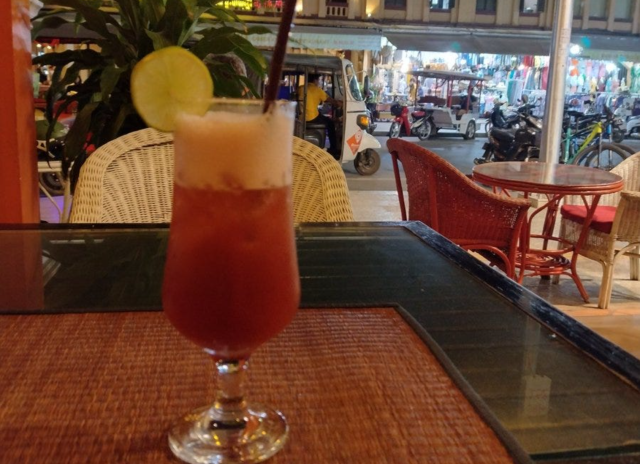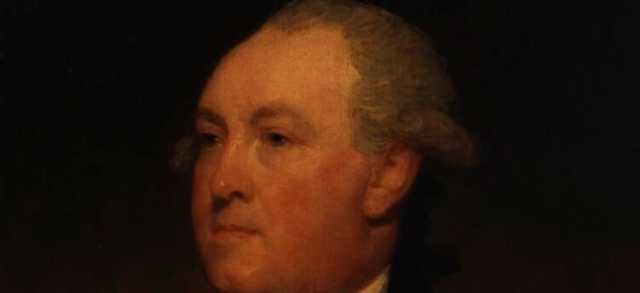Eye-Opening Dispatches From Vietnam
After three long years of covid lockdown-induced solitary confinement, a loyal Liberty Itch subscriber cut loose, left Australia for South-East Asia and found herself in Vietnam. Animated by what she saw, I started to receive her much-welcomed dispatches about daily life there. Now, if you read any 1960s and 1970s history, you know Vietnam is communist. But what my friend’s streetscape dispatches reveal...
Why 26 January Matters
I put it to you that the story of Henry Kable and Susannah Holmes is reason enough to celebrate Australia Day on 26 January. Henry and Susannah arrived in Australia, an unmarried couple of convicts with an infant son, on 26 January 1788. They sailed on board of the Friendship as part of the First Fleet. Both had been sentenced to death...
FREEDOM! The Daughter of Davos Resigns.
Two extraordinary things happened yesterday. First, New Zealand Prime Minister Jacinda Ardern announced her resignation effective, at the latest, early in February 2023. (Yes, New Zealanders need to endure her for a few weeks more!) Second, I put out this short tweet yesterday together with a video of the Prime Minister, and it went viral. In a mere 180 minutes, it...
Mr. Adams and his ‘RWNJ’ Slur against an Icon
Federation University’s Verity Archer discovered a letter written in 1975 by Sir Donald Bradman, the greatest cricket batsman ever to play with an unparalleled average of 99.94, to newly elected Prime Minister, Malcolm Fraser. The 1975 federal election was undoubtedly a fiercely contested battle. Emotions were high. As any citizen was and is entitled to do, Bradman took a side...













